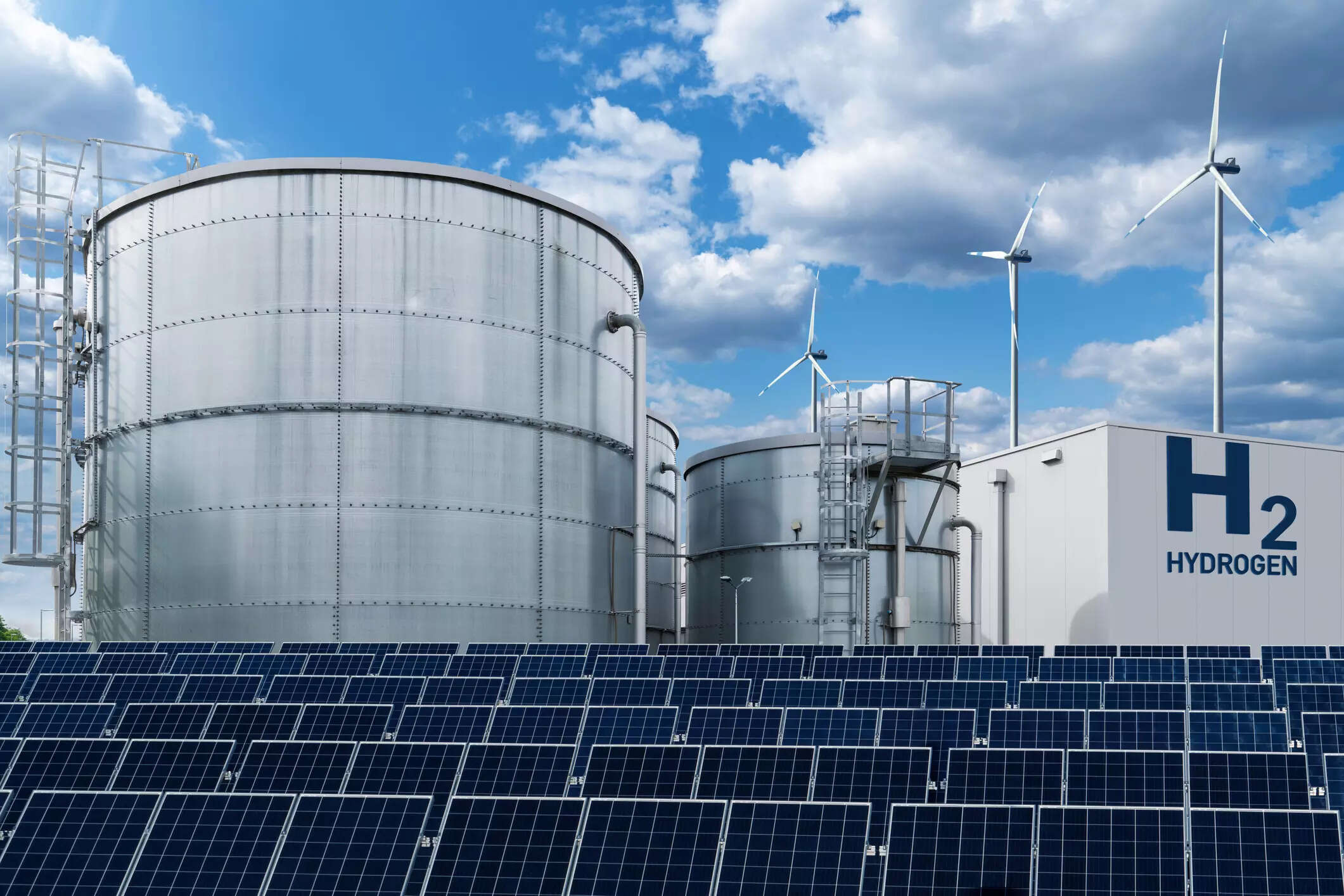
Austrian electricity provider Verbund and French energy major TotalEnergies‘ joint venture with Eren Groupe TE H2 have signed a preliminary deal with the Republic of Tunisia for a renewable hydrogen project to supply Europe, they said on Tuesday.
The multi-billion-dollar project, H2 Notos, aims to produce 200,000 metric tons of hydrogen a year using desalinated water from the Mediterranean and electricity from wind and solar farms in southern Tunisia. A ramp-up to 1 million tons per year is possible.
The hydrogen would be transported to Europe through a 3,300 km (2,050 mile) pipeline connecting Tunisia to Italy and continuing onto Austria and Germany, which is being planned by companies including Snam.
Production could begin as early as 2030, with Verbund taking some of the hydrogen and transporting it throughout Central Europe.
Why it is important?
The European Union aims to produce 10 million tons and import 10 million tons of renewable hydrogen by 2030 in a bid to replace hydrocarbons, which emit planet-warming gases when burned.
European industrials are already signing hydrogen supply deals and investing to upgrade equipment to run on the green fuel, which emits water when combusted.
“What is notable about this project is its ability to transport low-cost hydrogen directly to Europe via pipeline,” TEH2 CEO David Corchia said in a media call.
“Pipeline transport adds about 1 euro (USD 1.09) per kilo to the cost, compared with 3.5 to 4 euros per kilo when you transform hydrogen to ammonia, ship it on a boat, and re-crack it back into hydrogen.”
“The Americans are moving but haven’t cracked that problem better than we have. They are still transforming it and putting on boats, it’s just that they are heavily subsidized,” Corchia added.
A final investment decision is expected in 2027 or 2028.

